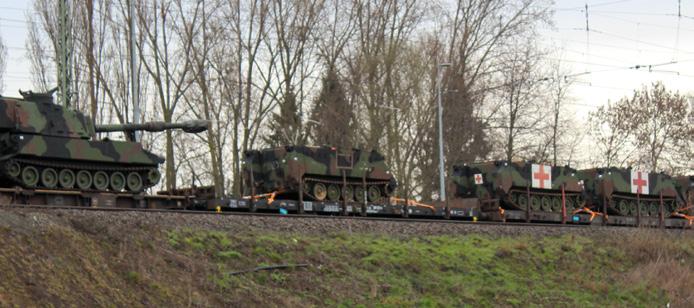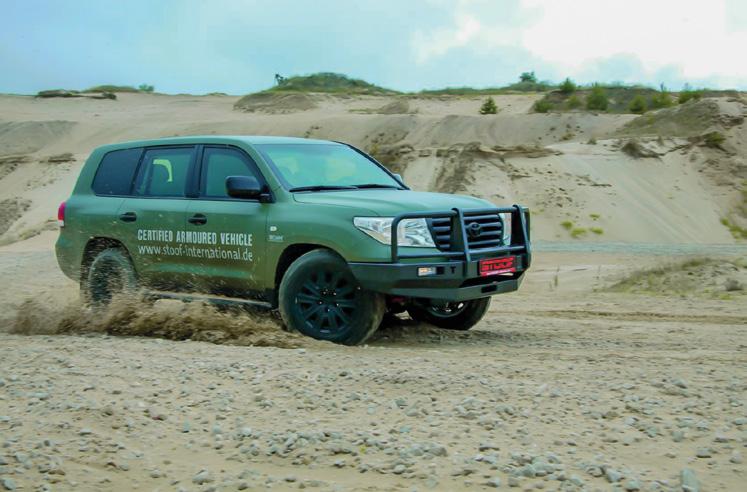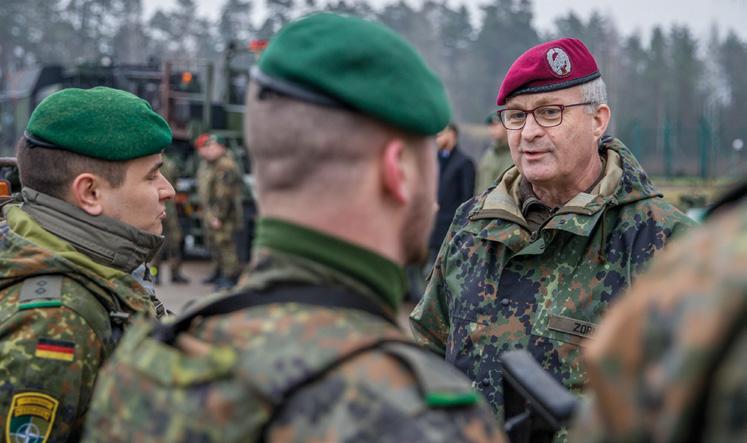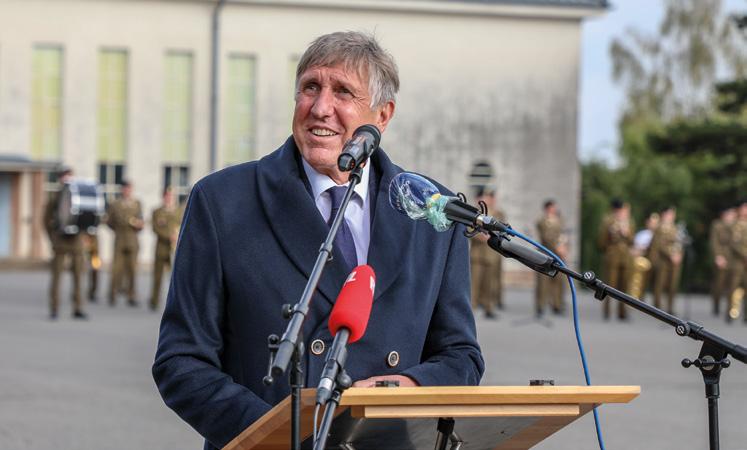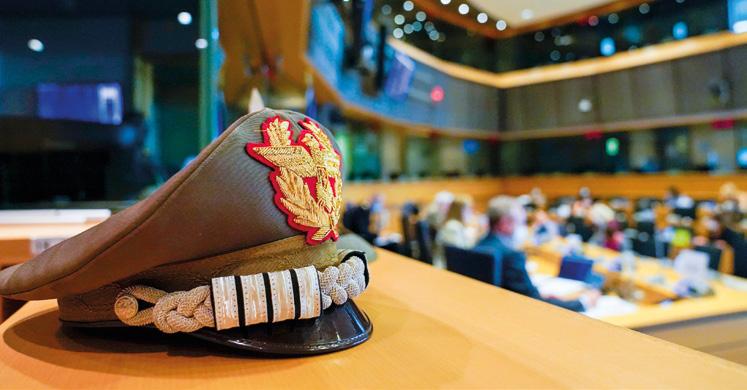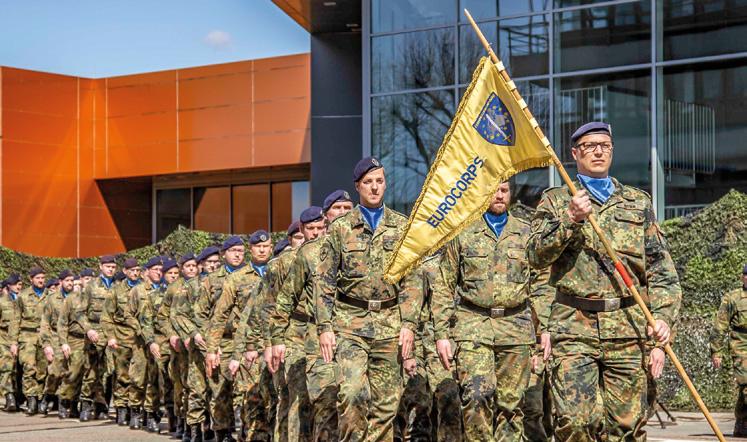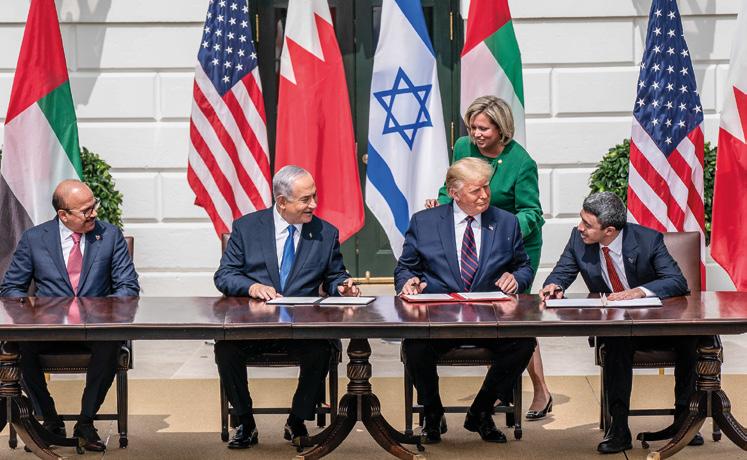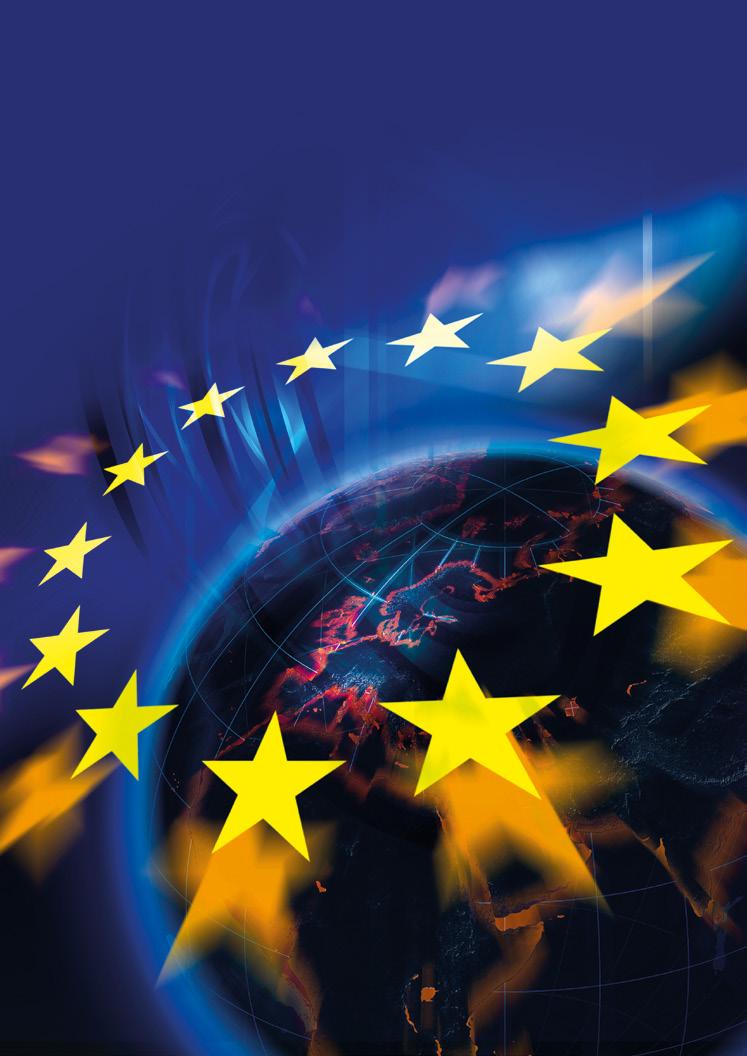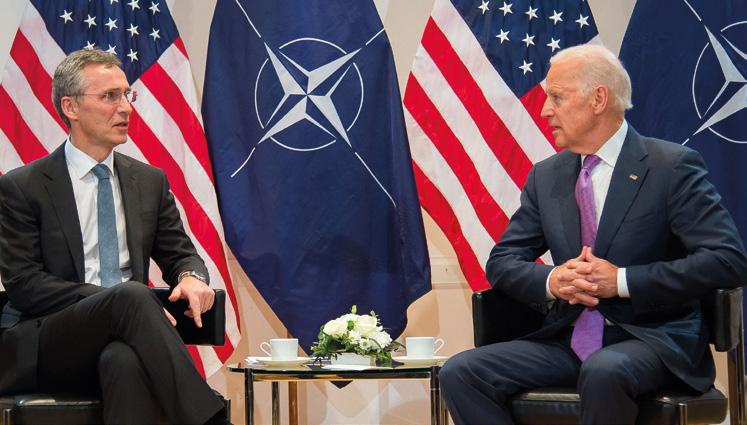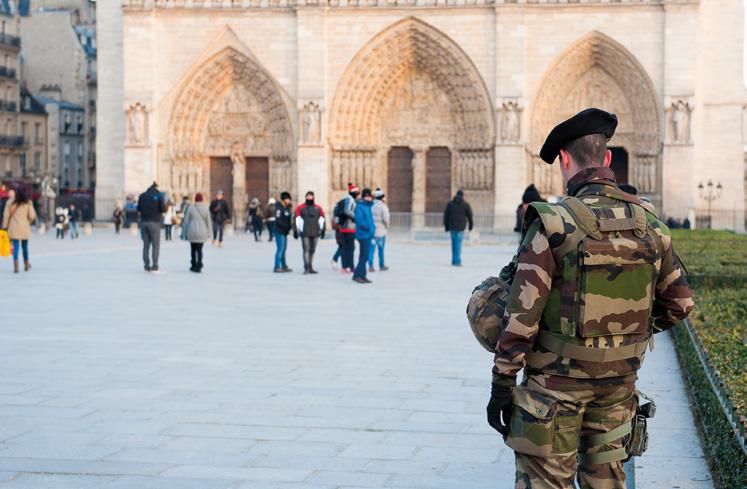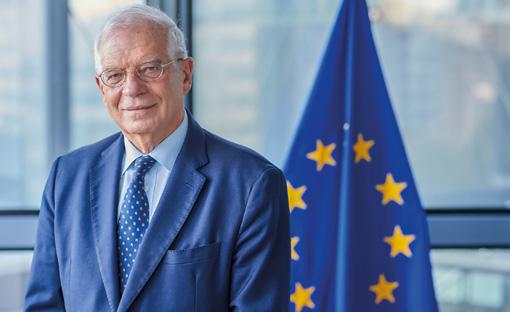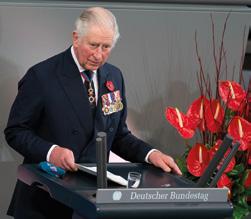THE EUROPEAN – SECURITY AND DEFENCE UNION
This strategy also includes other dimensions, such as diplomacy, humanitarian aid, development cooperation, climate action, human rights, economic support and trade policy, all of which fall within the EU’s toolbox for world security and peace, on which its own security depends. Nevertheless, the Union must focus on the development of the instruments that will enable it to assert its strategic autonomy, as envisaged in the Global Strategy, and to develop an even more effective internal security policy. However, if Member States have agreed to create federal institutions, such as the European Central Bank (ECB), or federal policies, such as foreign trade, they confine themselves to security and defence cooperation, sometimes enhanced, without going so far as to create an European police or army. It is true that wanting to move too fast in these areas would lead to intense divisions between Europeans, or even to the failure of their Union. It is
the crisis that ultimately moves the lines, as we saw recently with the decision to launch European loans in response to the economic crisis generated by the pandemic. The challenges of our time and the pressure emanating from the continent-states lead us to consider the question of sovereignty beyond states’ national framework, in that of their Union. If France once wanted to impose its sovereignty against the Holy Roman Empire, today it is towards these continent-states that sovereignty must be asserted, and it can only be asserted at the European level. But the one who speaks of European sovereignty cannot avoid considering its instruments, an army and a police force, within the framework of a democracy that respects civil liberties, based on a common justice system. It is in this direction, far from being accomplished, that defence and security will appear as two sides of the same coin, that of sovereignty.
For a dispassionate debate on nuclear deterrence
What defence for Europe? by Hartmut Bühl, Publisher, Paris
European defence needs a solid and realistic foundation. Europeans must stop advocating utopia that sound great but mean little – and are an excuse for doing nothing. Nuclear deterrence is a subject that must be considered dispassionately. Starting on 1st January 2021, France will be the only Member State of the European Union with a nuclear capability and a permanent seat on the UN Security Council. Can France establish a credible deterrence and guarantee the protection of the EU with its voluntarily very limited stockpile of nuclear weapons? President Macron – in line with his predecessors – remains faithful to Charles de Gaulle’s doctrine of nuclear deterrence. In his speech on 7th February, 2020 at the Ecole Militaire in Paris, the same forum from which General de Gaulle expounded his doctrine of the French nuclear deterrence on 3rd November 1959, Macron declared that he is in favour of a strong and autonomous “European defence” in which France must shoulder its responsibilities and play its role. No more, no less! The President extended a hand to his European partners, inviting them to participate in a detailed strategic dialogue, but he was also careful to emphasise that the credibility of a nuclear deterrent depends on it preventing a potential aggressor from engaging in intimidation or blackmail in view of the unacceptable damage that could be inflicted in return. Macron made it very clear that France’s vital interests now extend to Europe. But he was also very clear about sharing nuclear capacity: nuclear arms are not for sharing! The credibility of a nuclear
20
deterrent depends on its capacity for an immediate and strategic response to an imminent attack. Would the extension of the French deterrent to the territory of the EU maintain this principle of immediacy and could it become a target for reprisals? The way I see it is this: Firstly: it is high time to engage in a strategic dialogue on the shape of European defence, of which a nuclear deterrent must be a part. Secondly: France’s nuclear capacity is a deterrent in itself and protects, by its very existence, the EU. This is tantamount to a tacit extension! Thirdly: an official and written extension might reduce the deterrent’s credibility. Fourthly: the decision to order a nuclear strike – notwithstanding prior consultations – must remain in the hands of the French President. During the cold war, our concern was not that the US would order a nuclear strike without hesitation. On the contrary, we could never be sure - just as the Soviet Union wasn’t – that the Americans would engage in mutually assured destruction. Trust is a component of deterrence. Fifthly: Europe needs a nuclear dimension, the ultimate guarantee of its security. Has the time come for members of the European Union – allies within NATO – to choose between the United States and France? No, not yet! The American nuclear umbrella is still in place, the French nuclear deterrent remains a bonus.


